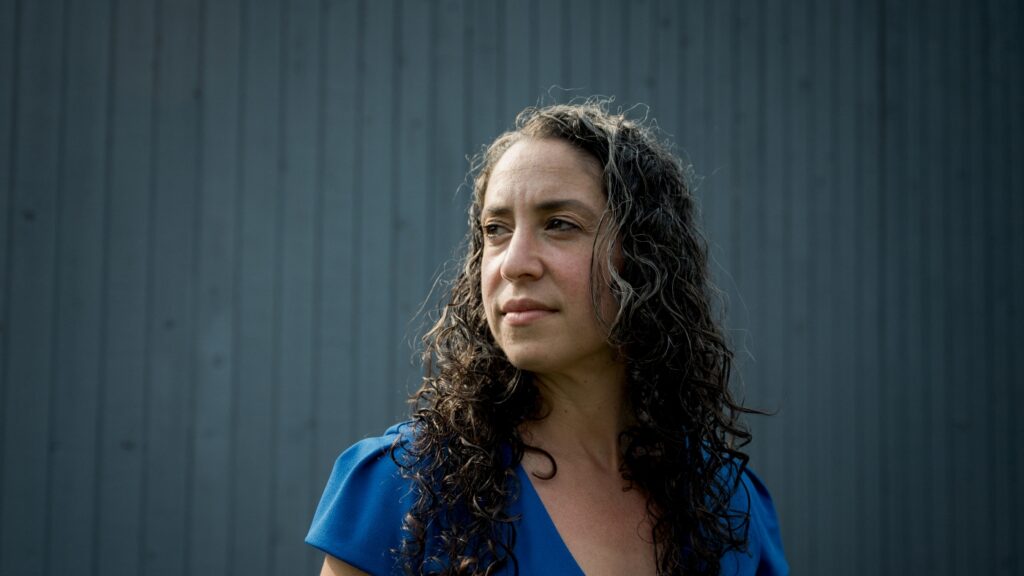Dr. Maya Bass, a dedicated abortion provider, used to fly monthly from Philadelphia to Oklahoma to offer abortion services at a local clinic. However, after Oklahoma banned abortions following the overturn of Roe v. Wade in 2022, Dr. Bass found a new way to support patients with limited access to abortions. She transitioned to providing medication abortions, which now make up 63% of all abortions in the U.S. This method involves prescribing pills, such as misoprostol and mifepristone, to induce abortion within the first 10 weeks of pregnancy.
Dr. Bass’s journey reflects the evolving landscape of abortion care, where medical professionals are rethinking traditional clinic settings in favor of telehealth and self-managed medication abortions. Despite initial reservations, Dr. Bass eventually embraced the shift towards demedicalized abortion care and joined the Miscarriage and Abortion Hotline to provide support to individuals self-managing their abortions. This transition was driven by a growing body of evidence supporting the safety and effectiveness of self-managed abortions, leading organizations like the American College of Obstetricians and Gynecologists to endorse this approach.
However, the political landscape poses challenges, with some states imposing restrictions on abortion pills and telehealth services. Despite these obstacles, the informal dissemination of knowledge and support for self-managed abortions is spreading, indicating a potential shift in abortion access outside of formal medical settings. As the abortion landscape continues to evolve post-Roe v. Wade, the future of abortion care in the U.S. may see increased accessibility through alternative, yet less legal, means.

